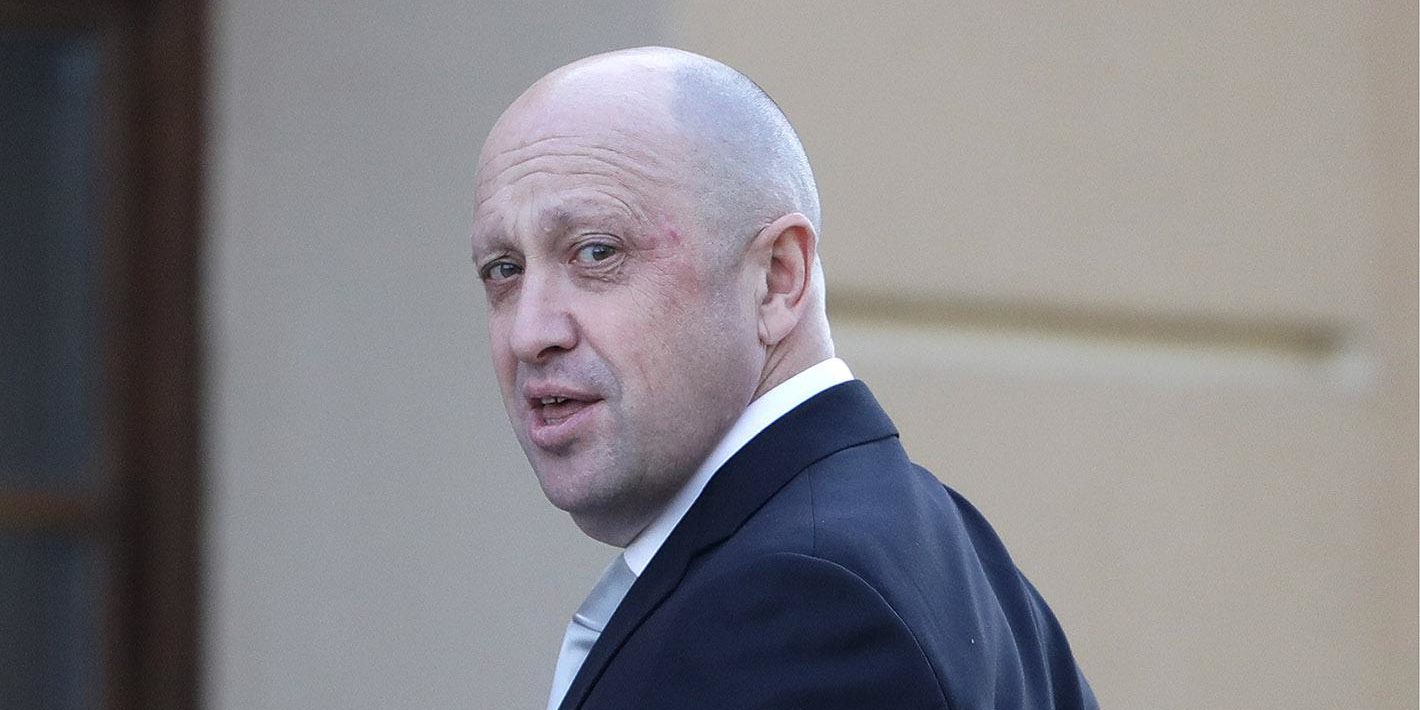In two decades, the United States has spent more than $83 billion on arms, equipment and training for Afghanistan’s security forces. It rebuilt the Afghan army in its own image to become a dam against the Taliban, capable of operating alone, independently and without the need for external support. But the strenuous efforts of Washington and its Western allies were in vain. Afghanistan’s precarious security apparatus collapsed in a matter of three months, the time between the insurgents’ uprising in Kandahar province and the fall of Kabul to them in August 2021.
US strategic failure in Afghanistan may take its toll on Ukraine. A large number of Afghan soldiers who fought on the side of US troops are being recruited by the Wagner Group, the Kremlin’s paramilitary arm that is spearheading major offensives against the Ukrainian army in the east of the country, specifically in the towns of Bakhmut and Soledar. The private military company, headed by oligarch Yevgeny Prigozhin, contacted more than a hundred former members of the elite Afghan National Army Commando Corps, exiled in Iran, a few weeks ago to join its ranks. Many have accepted.
Wagner is offering them a monthly salary of $1,500 and shelter for their families in exchange for defending Russia’s interests on the battlefield. Iran, which with its shipments of Sahed drones and Islamic Revolutionary Guard trainers to the Russian army has become the Kremlin’s biggest military partner during the invasion, threatens the ex-servicemen with deportation – for them and their families – and return to Afghanistan if they do not accept. They know they will be persecuted by the Taliban back home. Just three months after the fall of Kabul, more than 100 former Afghan intelligence and police officers were killed or disappeared, according to Human Rights Watch.
Fear is not the only motive driving them into Wagner’s arms. The PMC offers them exorbitant salaries by regional standards, plus visas in Iran or Russia. This is more than the US and its allies, who left them on the ground after their chaotic withdrawal. No one came back to rescue them. Hundreds of thousands of collaborators were left behind in hostile Afghanistan in the hands of the Taliban. A former Afghan officer quoted in Foreign Policy magazine says that most are “waiting for work for $3 or $4 a day in Pakistan or Iran, or $10 a day in Turkey, and if Wagner or any other intelligence service approaches a guy and offers him $1,000 to go back to being a fighter, he won’t turn it down”.
Wagner organises recruitment via WhatsApp and Signal. A former Afghan elite corps commander, who lived in Russia and speaks the language, helps with persuasion, according to General Abdul Raouf Arghandiwal, a former Afghan defence ministry official quoted by the Associated Press. Arghandiwal, who was also commander of the elite 207 Zafar Army Corps in Herat, told AP and Radio Free Europe/Radio Liberty that Wagner’s plan is to “recruit 1,000 people in the first phase and 1,000 people in the second phase as a battalion, and gradually continue this process”.
The Kremlin’s paramilitary arm was in contact with some 400 former Afghan army personnel based in Iran, but the number of soldiers who have accepted is unknown. Those who are placed in the hands of the private military company are not transferred directly to the front line, but receive military training in Russia for two months, according to Arghandiwal. They are most likely taken to the Molkin base in Russia’s Krasnodar district, where the 10th Separate Special Brigade of Russia’s GRU, the Russian military intelligence service, also operates.
A spokesman for Prigozhin, known as Putin’s Chef, told the AP that Wagner’s attempts to recruit former Afghan soldiers were “crazy nonsense”. Iran has also flatly rejected the reports. “There may be rumours about the use of [Afghan] forces in the Ukrainian war, which the Islamic Republic denies,” said Sayed Abass Badri, media director at the Iranian embassy in Kabul. Meanwhile, Taliban Minister for Refugees and Repatriation Khalil Rahman Haqqani claimed in December that Tehran is using former Afghan soldiers in Ukraine ‘as has happened before in Iraq and Syria’.
The Kremlin’s paramilitary arm recruits the Taliban’s sworn enemies while trying to establish relations with a Kabul ruled from Kandahar by the fundamentalists. Russia has so far not recognised the Taliban government, like no other state, but is keen to strengthen its trade ties with the self-proclaimed Islamic Emirate, as are China and Pakistan. All three are the only countries to maintain diplomatic delegations in Afghanistan after the withdrawal of Western troops.
Congressional Republicans in August – when the lower house was still in Democratic hands – pushed for an investigation into the Biden administration’s troop withdrawal from Afghanistan, highlighting the threat posed to the US by former Afghan forces who fled to Iran “due to the fact that these Afghan personnel are familiar with the tactics, techniques, and procedures of the US military and intelligence community”. The State Department suggested that Wagner’s recruitment was not surprising; it is standard PMC practice in other countries.






